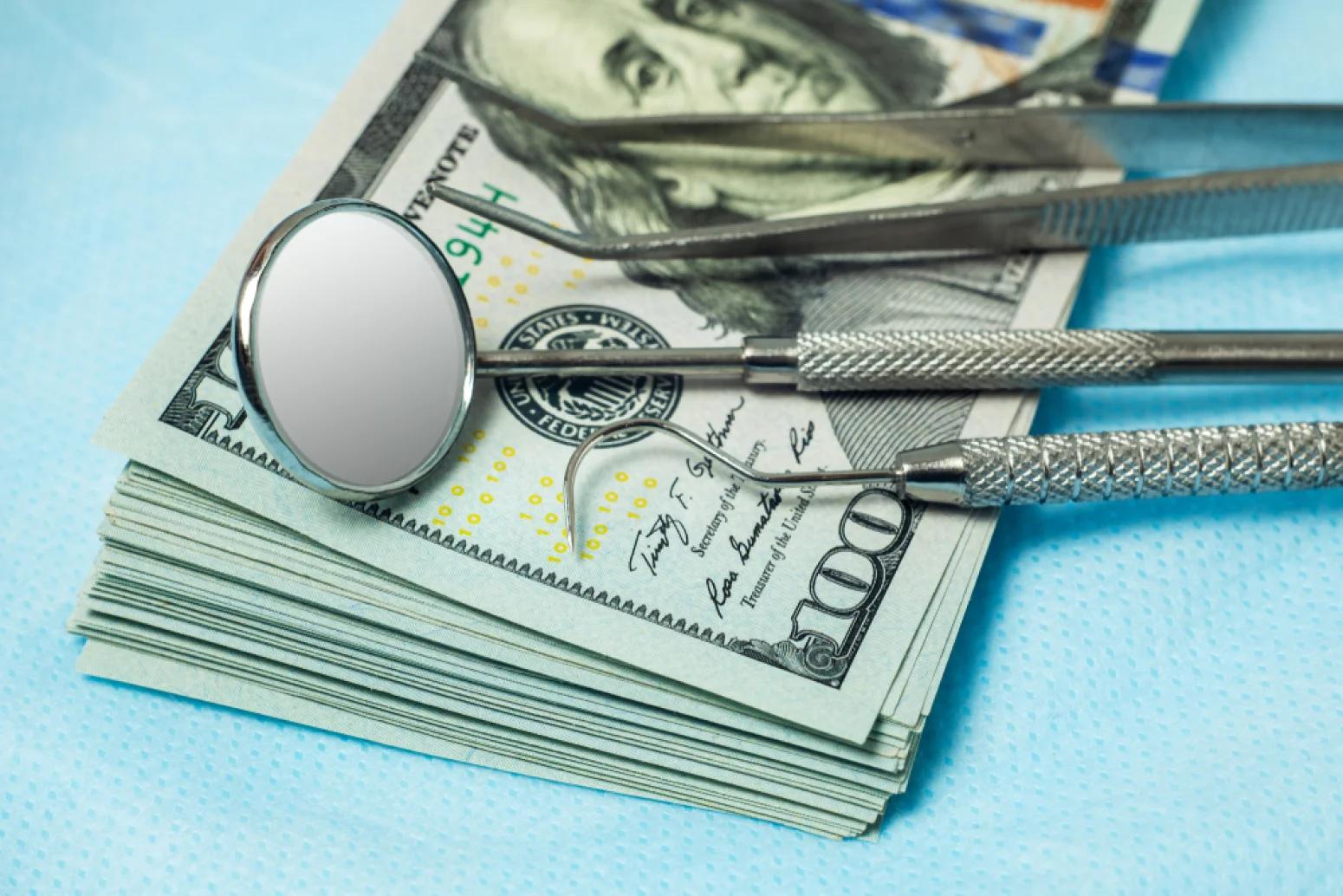Quarterly tax deadline is Jan 15. See how much you owe penalties
Are Medical Bills Tax Deductible?
Are Medical Bills Tax Deductible?
Table of contents
Key takeaways...Read more
Can you deduct medical expenses?...Read more
Is cosmetic surgery tax deductible?...Read more
Are eyeglasses a tax deduction?...Read more
Can I claim prescriptions on my taxes?...Read more
Is dental insurance considered health insurance?...Read more
Are dental expenses tax deductible?...Read more
The dental insurance deductible...Read more
Are dental implants tax deductible?...Read more
Is vision insurance tax deductible?...Read more
How can you claim medical bills on your taxes?...Read more
Key takeaways
- Medical costs can be written off from income taxes.
- Self-employed individuals can write off their dental insurance deductible if it’s over 7.5% of AGI.
- Medical bills can only be claimed on your taxes if you itemize your personal expenses.
Can you deduct medical expenses?
- Consultation fees
- Exam fees
- Inpatient care (meals, lodging, lab fees)
- Organ transplants
- Addiction programs
- Prescription drugs
- Transport costs (to and from medical facilities, including ambulances)
- Birth control pills
- Hearing aids
- Weight loss programs (if prescribed by a medical professional)
- Long-term care services (hiring a nurse, improvements to the house)
- Fertility treatments
Is cosmetic surgery tax deductible?
Are eyeglasses a tax deduction?
Can I claim prescriptions on my taxes?
Is dental insurance considered health insurance?
Are dental expenses tax deductible?
The dental insurance deductible
- Preventive care (100% Coverage): This category includes services such as annual cleanings, X-rays, and the application of sealants. Dental insurance usually covers these preventive procedures in full without requiring you to pay a portion of the cost.
- Basic procedures (80% Coverage): Basic dental procedures like fillings, extractions and treatments for gum disease (periodontal treatment) are often covered at an 80% rate. This means you would be responsible for the remaining 20% of the cost.
- Major procedures (50% Coverage): More extensive treatments like crowns, bridges, inlays and dentures typically receive 50% coverage from dental insurance. You would need to cover the other half of the expense. Root canals may fall into either the basic or major category, depending on the specifics of your plan. Keep in mind that not all dental insurance plans cover all procedures, so it's essential to look at your plan and understand its coverage.
Are dental implants tax deductible?
Is vision insurance tax deductible?
- Eye exams
- Eye surgeries (radial keratotomy, LASIK)
- Prescription eyeglasses (including contact lenses and sunglasses)
- Braille books
- Eye drops (prescription only)
How can you claim medical bills on your taxes?
- Dividends
- Alimony
- Royalty income
- Rent income
- Capital gains or losses
- Unemployment compensation
- Health insurance premiums
- Health insurance premiums: $5,000
- Doctor's visits and copayments: $1,200
- Prescription medications: $800
- Dental check-ups and treatments: $500
- Vision care, including eyeglasses: $300
What’s FlyFin?
Expert tax CPAs ensure 100%-accurate tax filing
A.I. finds every tax deduction, eliminating 95% of your work
On average users save $3,700
